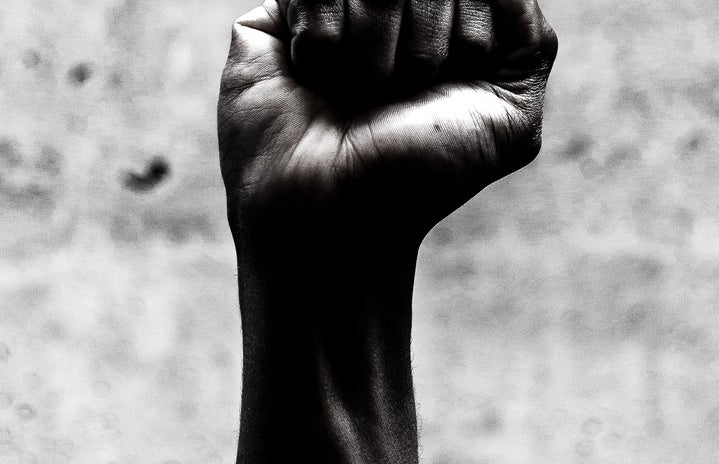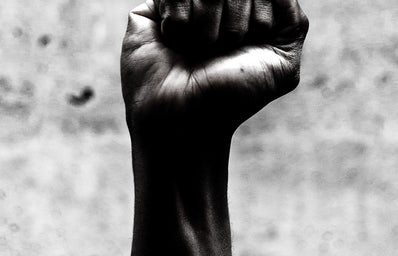It has often been remarked that our generation, “Gen Z,” will be defined by how we are reacting to the injustices of our time. Our willingness to get up and take action, our readiness to stand firm in the face of opposition, our desire to enact meaningful change; all of this and more has been spoken of by older generations when they speak of us. Some of it is said with surprise, and some of it with outrage; sometimes, older generations seem amused at our idealism, and quip about our naivety. They all seem very willing to ignore the issues we have taken upon ourselves to fight for, in favor of the superficial commentary they can make about our activism.
It’s not the first time youth has decided to be active in protest in this country, but I think I can accurately observe that we haven’t been witness to activism of this magnitude since the protests for Civil Rights and against the Vietnam War in the 60’s and 70’s. I would even go so far as to opine that perhaps our movements will surpass those of the late 20th century (but that has yet to be seen, and will likely be more accurately judged a few decades from now).
I think a lot of the older generation is spending this moment questioning how we got here (again). This time, there are few laws whose language blatantly enforce racism or oppression; it is largely the silent systems of oppression that persist today, and they’ve existed for so long and no one has done anything about them so far. The older generations are asking “why now?” in the face of our activism against racism, against the lack of gun legislation, against our systemic epidemics.

As a generation, we were raised with ideals that emphasized compassion towards fellow humans, cooperation between people, love towards ourselves. And it wasn’t just our parents teaching us these things: because of the availability of television and connectivity, we were inundated with messages of sharing by Barney, of care by Sesame Street, of understanding by Mr. Rodgers, of acceptance by Lilo and Stitch. We were constantly exposed to these ideas because that was seen as the “right way” to raise kids at the time when we were growing up.
We were taught these things, but somehow, we were not expected to fully act on them. We were supposed to take these little nuggets of wisdom and grow up to be harmonious and compassionate adults—in a world that values neither harmony nor compassion.
Now we are here: we did grow up, and we still have those values. And when we grew up and were exposed to the reality that the rest of our society does not share them, we called it out. We decided that we would not be passive participants in the oppression and marginalization that was normalized and touted as “justice.” We were, after all, taught that bullying was wrong and that we should stand up to bullies—so why are adults so shocked now, that young people are speaking this truth to power?
To the generations whose youth has passed, I say this: you were responsible for raising us with strong and moral values, but you were also the stewards of the systems that failed to enforce those values. Don’t be surprised now that we are unsatisfied and angry with the moral corruption that plagues our system and our society—it exists because of the things you refused to do. We have no such reservations, and we are relentless.


